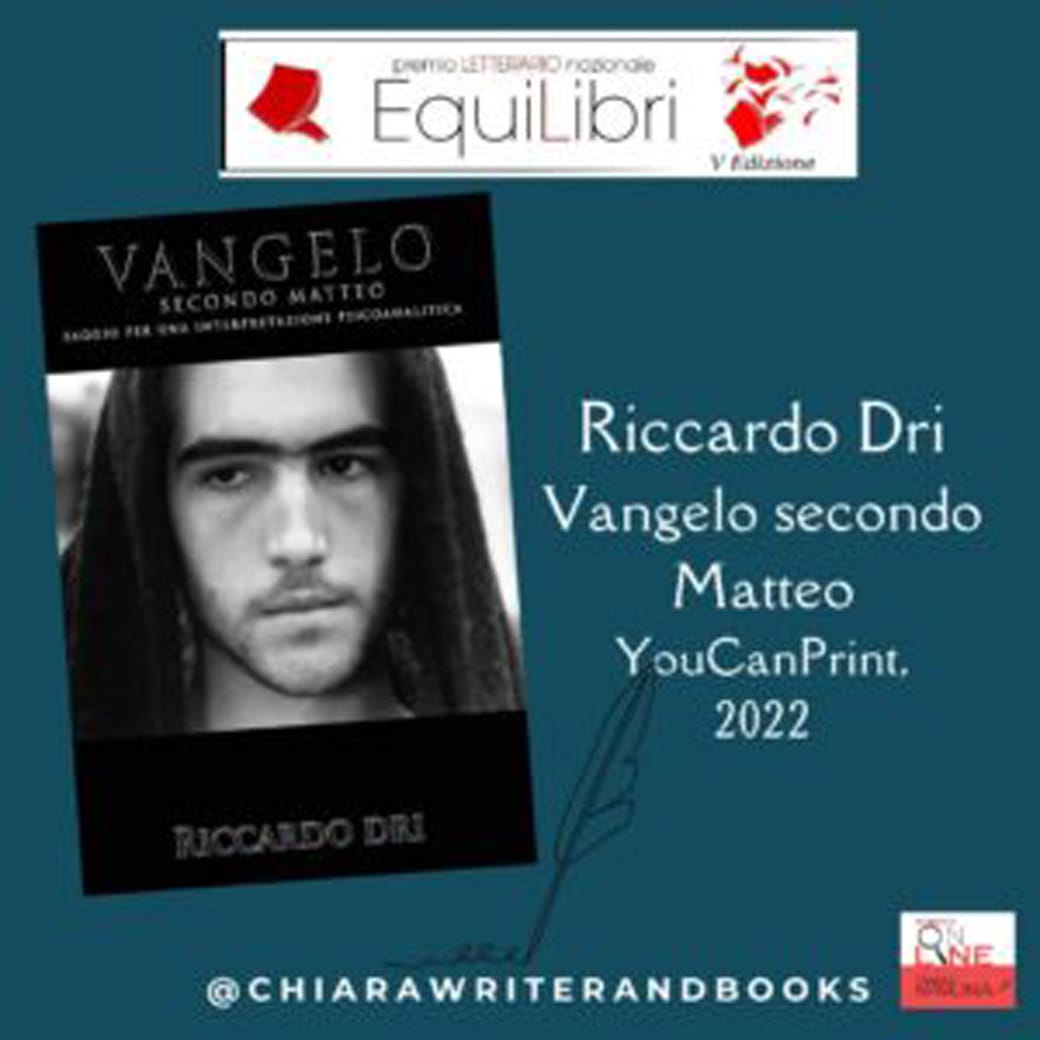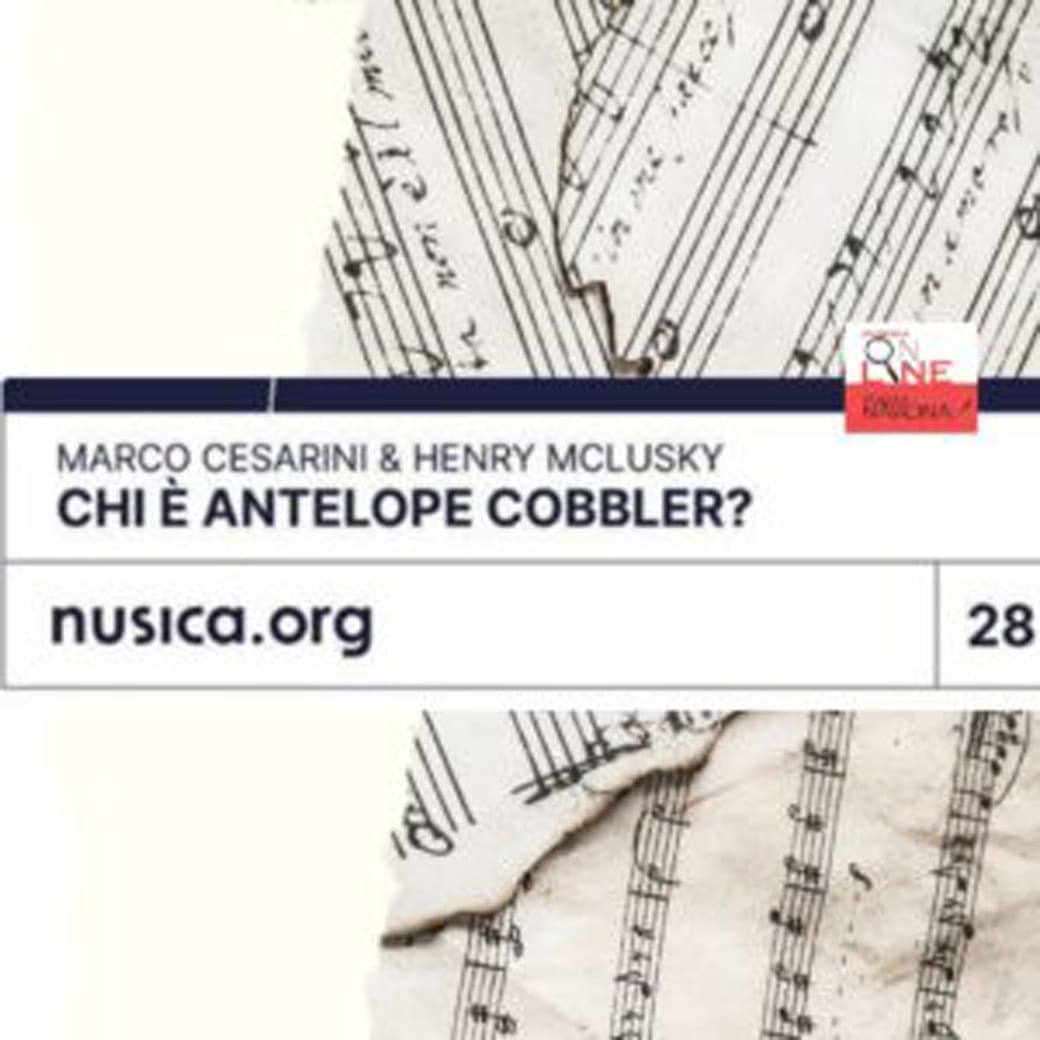
Franco D’Alessandro tells Chiara Ricci his passion for the Theatre, the birth of his most famous plays and his deep love for Italy and… Rome.
- By your name and surname your Italian roots are so clear. Can you tell us something about them? And what about your relationship between you and Italy?
Well, my father was born in a little village called Pisticci (Matera). In 1931 he emigrated to United States. After his degree in NYU he had to come back in Italy for his Medicina’s studies. We are so tied to our Italian roots, in fact when I was young every Saturday in NY I learnt the Italian language and I studied the Italian history, culture.. I lived for a long time in Italy and I passed six months studying at the University of Siena (1987-1988). Then, in 90’s I lived in Rome: two months a year for almost seven years. My father met my Irish mother in a hospital, Santa Chiara/StClare’s in midtown NY… their story is very much like the novel and movie Brooklyn, if you have seen it. I am very proud of my Italian roots and blood, but also very proud of my Irish heritage and blood too! My name is Francesco Mario McCreeley D’Alessandro! McCreeley is my Grandmother’s maiden name and it all but died out, so now I am using it as a pseudonym for certain works, you are the only one I have told!

- You are a teacher, poet, writer, playwrighter, since 1996 you are a Member of Dramatists Guild of America. So, what is your favourite role?
I feel all those things; I am a playwright with a poets heart. I love poetry but I am not as dedicated to it as I am playwriting. I am a writer who teaches and a teacher who writes; I think first and foremost, that is what I am. I had my first play produced at age 26… I knew since I was about 20 that that was the type of writing I should do. I often think many of my best poems really seem like monologues, dreamy, often mournful outrcries… pleading for understanding or asking you to see something or feel something that I do.
- You dedicated most part of your life to the Theatre writing very important plays supported by great performers like Olympia Dukakis. How and when was born this great passion of yours?
I discovered the theater at a young age with the help and encouragement of my mother who always wanted to be an actress; in fact she was an excellent Irish dancer in her youth in NYC but after her father died when she was 14, she had to pursue more practical endeavors, so it was nursing. I began writing at age 16 and by the time I was 20 I knew I was going to be a writer…a playwright. In one year I had seen productions of Williams’ A Streetcar Named Desire, O’Neill’s Long Day’s Journey Into Night and O’Casey’s Juno and the Paycock on Broadway… I was transformed… all of the writing I had done up until then was in preparation to be a playwright. My friendships with great talent and older mentor figures has been a big blessing in my life. Oscar winner Olympia Dukakis was a big support in my career and her friendship and keen intelligence has been a big help. Edward Albee as a mentor was also a blessing; I met him in 1998 and for almost 20 years he was always encouraging and imparting great wisdom and thoughts and advice. He was a very big help in my first navigating of a Hollywood deal to make a film of my hit play Roman Nights.

- Talking about your Theatre we have absolutely underline your tie and your admiration for Tennessee Williams. What can you tell us about it? In what your poetry is so similar to that of Pulitzer’s winner?
For me Tennessee is everything a playwright needs as a role model or inspiration; poetry, intensity, action, emotion, family dynamics, psychology, spirituality, mythology…it is all there! I think the feeling of being an outsider or “other” that Tennessee wrote about speaks to me still; whether it is being gay or being from ethnic/immigrant cultures…that feeling is a strong one. Tennessee’s loyalty to his family is also something that moves me; despite everything bad in his life he was loyal to his mother and sister. I greatly admire his poetic talents in his dramatic work; theater should not be so realistic it bores us! We go to the theater for the same reasons we go to church…to be transformed!
- Your passion facing one of the most important Italian actresses, too: Anna Magnani. You dedicated many works of yours to her and to Williams like Roman Night (sold out in the most important European Theatres) and the monologue “Solo Anna”. Can you tell us something more about the birth of these two wonderful and remarkable plays? What did you want to underline about their protagonists?
Roman Nights began from my earliest memories of seeing The Rose Tattoo – I was fascinated by this powerful Italian woman who made such an impression on me at a young age of about 10 or 12. Later on when I discovered Tennessee Williams at around 14 I became obsessed with reading his plays; and soon I became curious as to why would this American from Mississippi have any interest in telling the story of Italian immigrants. For me, at that time, I thought Italians immigrated only to the New York area, I soon learned that in the 1900s Italians populated all parts of the USA and they all had interesting stories. I had such respect for Williams wanting to tell the struggles of these immigrant “outsiders” –my own family has so many stories of their terribly difficult times in America in the 1930s, 40s, 50s… so I felt a strong connection to both Magnani and Williams from a young age. After college, where I wrote a thesis paper entitled “Tennessee and The Roman Muse” I began to think seriously about a stage play with Tennessee and Anna as the protagonists; their antagonists? Time. Fame. Betrayal. Vanity. What struck me most about both of them as people and later as characters was how well they understood one another as artists and human beings; how deep their friendship and loyalty was. When a writer finds a muse it is a sort of magic; it is very hard to read The Rose Tattoo or Orpheus Descending without thinking of Magnani as the characters Williams wrote for her. But you also see glimpses of Magnani in the various female characters in Sweet Bird of Youth and The Milk Train Doesn’t Stop Here Anymore and even Night of The Iguana They were very connected, they had so much in common; a fierce and abiding love for a relative (Williams sister and Magnani’s son), a strong sex drive that fueled their artistic drive, and a deep desire to laugh loud in spite of the terrible tragedies each of them endured. I have always seen pieces of myself in both of these people who are now characters in my play. I relate to their sense of loss, their loyal and loving natures, their deep desires and need to express themselves.

- Do you want realize a film from your pièce?
I have already written the screenplay and there have been no less than three attempts to make a feature film. All three ended in various degrees of disaster! I am quite please with the screenplay, it could be a 150 minute film or a wonderful mini-series. It is currently with a London based developer. Preghiamo!

- What are your professional projects for this year just began?
I would like to see my play The Shattering produced which has an immigrant woman and her American born daughter at the center of the drama. There is also a trilogy set in Firenze and each one is centered around a specific piece of artwork, being around this work unleashes a catharsis for each of the characters. They deal with dark and problematic subject natters such as polyamory, fraternal incest and alzheimer’s and old age. And, lately I have turned to my Irish maternal side for inspiration, writing trilogy of plays that concern the Irish American experience. These plays address the dilemma of being from immigrant parents and feeling lost in the world or disconnected from one’s culture. There is a romantic play, a family drama, and a political/personal drama…the trilogy is called The Claddagh Ring Cycle –The Claddagh is the Irish symbol of Friendship, Loyalty and Love -each of the plays has one of these concepts as its theme. At the same time I am teaching drama and playwriting and I love doing that too! in 2017 I hope to teach more of Master Classes in American drama in Europe.

- Have you got in your mind your next play already? How are born your ideas before to come dialogues, words… life?
The characters for my plays live with me and in my head for long periods of time usually. I hear them. They talk to me. It is often you will hear my talking to myself out loud or working out dialogue in my head, trying accents and phrases… They are alive and they talk to me… it is always so exciting when I start to hear the voices! I know that sounds a bit crazy, but it is true!

- My last question.. when will you come back? Will you come back soon in Italy? We are waiting for you!!
Yes! I hope to soon, certainly by 2018. My Solo Anna continues to be performed and I would like some major productions on the Italian stage in the coming years. But I will also be coming to see dear family and friends too, and that -of course- includes you Chiara!!!
Chiara Ricci


















